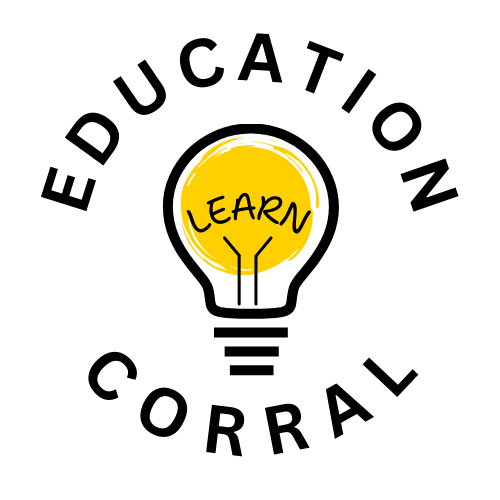Today is the day I hit the magic number—the Rule of 85. The magic formula for retirement (years of service + age = 85). It is a bittersweet yet exciting number to reach. It represents both sweet endings and exciting beginnings.
I took the day off work. No alarm clocks, no meetings, no phones ringing to signal the next emergency. Instead of sleeping in, hiking, or tackling that long-neglected housecleaning, I found myself drawn to reflection—examining what 31 years in education has taught me and what wisdom I might share as I prepare to close this chapter.
The Day I Hit the Magic Number 85
There’s something surreal about reaching a milestone you’ve watched colleagues achieve for years. The Rule of 85 has been a distant horizon for so long that now, standing at this threshold, I’m filled with accomplishment and uncertainty.
Education isn’t just what I do—it’s been my identity, my passion, and my daily purpose for over three decades. As I contemplate this transition, I realize that education deserves deeper examination. What does it truly mean to educate? What have we gotten right, and where have we lost our way?
Education as a Process: Why One-Size-Fits-All Fails Our Students
I hear legislators, news reports, and researchers talk about how educators are failing our students—they can’t read, can’t do math, can’t work. They claim our schools are somehow responsible for all that is wrong in society.
But here’s the truth: education is not one-size-fits-all. We can legislate, mandate, and rule-make until the cows come home, but people learn when they are ready—the littles and the bigs.
Think about your own life. Do you learn the same things, in the same way, on the same day as your family, friends, and colleagues? Of course not. Why then do we expect every 8-year-old to master reading at the same pace, or every teenager to understand algebra on an identical timeline?
When I think of education as a process, I think of building systems that help everyone—adults and children alike—experience success and joy in learning. We should ask: How can our educational systems help all humans accelerate toward excellence, each following their unique path?
Beyond Test Scores: The True Measure of Educational Success
I am supposedly highly educated—I have a Ph.D. So I know something about data and measurement. And let me tell you this: no state test ever measured if a child loved to read. No standardized assessment ever captured each child’s unique strengths. No multiple-choice exam ever determined resilience—the ability to get up after being bucked off or to learn from mistakes.
Don’t misunderstand me—standards for learning are essential. No matter our line of work, we all need guiding principles to structure our systems and provide clarity. The problem occurs when these standards are reduced to numbers on a standardized test.
We love them all. Every child that walks through our doors, we find a way to teach them.
-Paige Fenton Hughes, my retiring mentor, whose wisdom will outlast any test score.
When our systems focus solely on tests or accountability, we lose sight of education’s true purpose. A truly effective education system should accelerate learning in ways that give humans the best chance at pursuing their unique life paths—whether toward becoming a surgeon, a welder, a parent, or a poet.
I guarantee that proficiency on a state assessment has never determined anyone’s ability to become a productive, caring member of society. Tests should help us evaluate and improve our educational processes, not define a child’s worth or potential.
The Evolution of Teaching: From Community Values to Test Metrics
When I began my career in education, local boards managed schools, and they reflected the values of the community. Parents worked alongside educators to solve problems. We were, in the truest sense, a community raising its children together.
Now, we’re all measured by the test, or worse, judged by party-line educational politics. The collaborative spirit that once defined public education has been eroded by external mandates and personal agendas that often miss the humanity at the heart of teaching and learning.
As my career ends, I worry about the teachers just beginning. Will they experience the joy of creative, community-connected teaching or become technicians administering standardized programs?
Education as a Lifelong Journey: What Comes After Retirement
Education is more than school; it’s a lifelong pursuit. We’re all learning every day, whether we intend to or not. The formal definition of education may focus on teaching and learning methods in schools, but we must remember that public schools aren’t the only educational institutions we experience.
There’s the school of hard knocks, the school of life, and the school of rock (what can I say, I’m an ’80s girl), to name a few. Each teaches us in ways formal education cannot.
As I prepare to retire, I’m not leaving education behind—I’m simply changing classrooms. My unique path continues to be defined by my passion for learning. While I’ll no longer stand before students, teachers, or leaders, I’ll advocate for thoughtful, human-centered educational approaches. And I’ll always advocate for public education because our great country deserves to keep its educational promise alive.
A Call to Reclaim Our Educational Communities
It’s time to stop blaming public schools and start coming together as communities to ensure strong education, in all its forms, for everyone. We need to reclaim the village approach to raising our children.
I hope our schools and communities refocus on preparing every human to walk the path unique to them. To follow their passion, whether as a rancher, an accountant, an electrician, a teacher, a cook, a mechanic, or an artist. Our society needs everyone. We need to return to being a village.
What would this look like in practice? It means:
- School boards that prioritize community values alongside academic excellence
- Assessment systems that measure growth and creativity, not just standardized knowledge
- Parent-teacher partnerships built on mutual respect rather than adversarial politics
- Educational policies that trust teachers as professionals and support their growth
- Community involvement that brings diverse perspectives and resources into schools
After 31 years and reaching the Rule of 85, I see more clearly than ever that education’s power lies not in tests or mandates but in relationships and relevance. We fulfill education’s true promise when we connect learning to life and build educational communities that value each child’s unique journey.
What one step could you take this week to strengthen the educational village in your community? Your contribution matters whether you’re a parent, teacher, community member, or policymaker. The future of education depends not just on those working in schools but on all of us recommitting to the shared responsibility of preparing the next generation.





